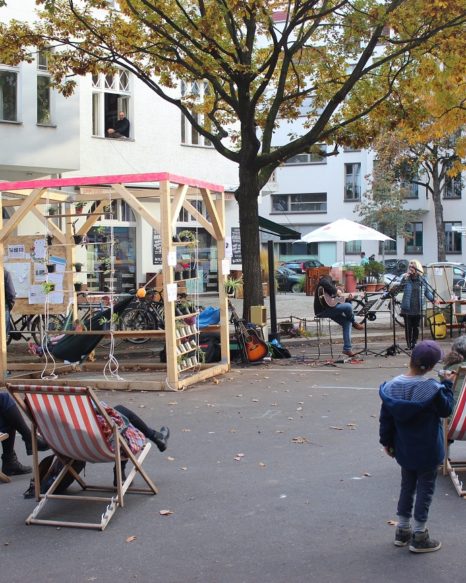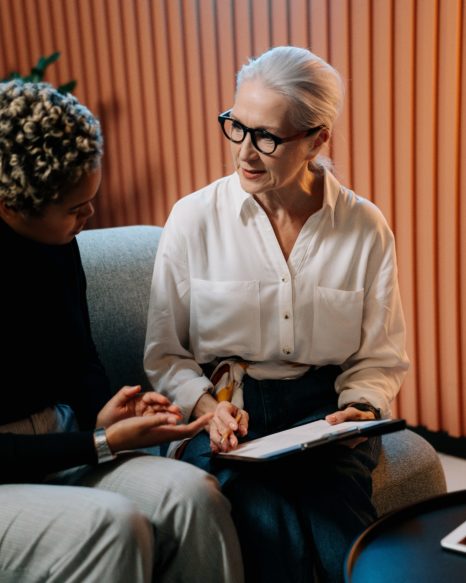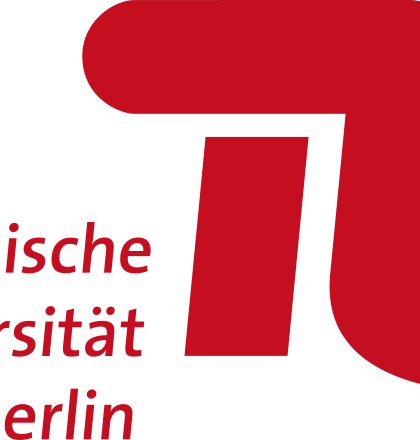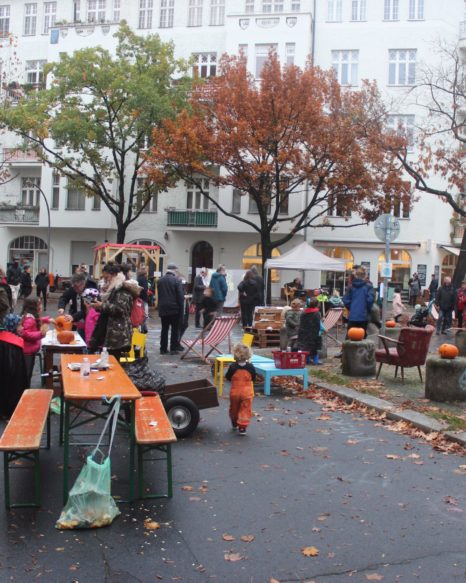Especially in cities, public space is a scarce resource and different user groups claim this space. In the inner city of Berlin, less than half of the households have a car and the majority of daily trips (82%) are made by walking, cycling, or usage of public transport (source: SrV 2013). Therefore, the question arises how public space can be designed in the context of the transport transition to benefit as many people as possible and to promote active mobility.
The Tagesspiegel reports on the results of the temporary city square in Berlin-Charlottenburg, which was set up as part of a real-life experiment conducted by EXPERI.
Julia Jarass reports in detail at the DLR Institute of Transport Research on the results of the real-life experiment in the Charlottenburg district of Berlin, where an intersection was temporarily transformed into a city square.
At the end of January, Katharina Götting, psychologist and doctoral candidate with EXPERI, organised an internal training for all EXPERI team members. She illustrated the use of different methods and tools for teaching and implementing workshops online. The question of how digital trainings can be moderated in an interactive and engaging way comes up again and again.
As Eckert introduced, her own research experiences with "failed" interviews led her and her colleague Diana Cichecki from Freiburg to deal with this phenomenon on a methodological and research practice level.
Forschungskolloquium des Fachgebiets Nachhaltige Mobilität und transdisziplinäre Forschungsmethoden (NaMo) Wintersemester 2020/21
Termin: mittwochs (14-tägig), 14:00 bis 15:00 Uhr, online-Veranstaltung
Berenike Feldhoff, WWU Münster, Forschungsgruppe DYNAMO: “To what extent do bottom-up bicycle activism and associated representations of cycling influence the governance of sustainable urban mobility, and mobility transitions?” (laufendes Promotionsprojekt)
Forschungskolloquium des Fachgebiets Nachhaltige Mobilität und transdisziplinäre Forschungsmethoden (NaMo) Wintersemester 2020/21
Termin: mittwochs (14-tägig), 14:00 bis 15:00 Uhr, online-Veranstaltung
Dr. Judith Eckert, Universität Duisburg Essen, Arbeitsgruppe Methoden der qualitativen Sozialforschung: „Mit ‚gescheiterten‘ Interviews arbeiten?! Methodologische Überlegungen und Beispiele aus der qualitativen Forschungspraxis“
Forschungskolloquium des Fachgebiets Nachhaltige Mobilität und transdisziplinäre Forschungsmethoden (NaMo) Wintersemester 2020/21
Termin: mittwochs (14-tägig), 14:00 bis 15:00 Uhr, online-Veranstaltung
Corinna Drexler, Boysen-TU Dresden-Graduiertenkolleg: „Die Rolle der Medien im sozio-technischen Transformationsprozess von Verkehr und Mobilität in Deutschland.“ (laufendes Promotionsprojekt)
Forschungskolloquium des Fachgebiets Nachhaltige Mobilität und transdisziplinäre Forschungsmethoden (NaMo) Wintersemester 2020/21
Termin: mittwochs (14-tägig), 14:00 bis 15:00 Uhr, online-Veranstaltung
Anke Kläver, IASS Potsdam, TU Berlin/ FG NaMo, Forschungsgruppe
EXPERI: „Mobilitätsgerechtigkeit in der Verkehrswende“ (laufendes Promotionsprojekt)
Wo? Direkt am Stadtplatz (Wundtstraße / Horstweg) Was? Zum Abschluss des temporären Stadtplatzes werden erste Forschungsergebnisse und die Aktivitäten der letzten Wochen präsentiert. Passend zu Halloween können Kürbisse geschnitzt werden....






